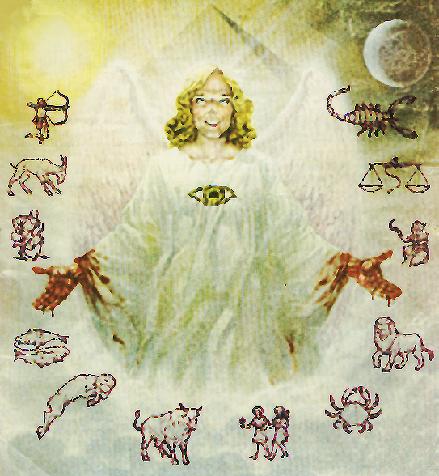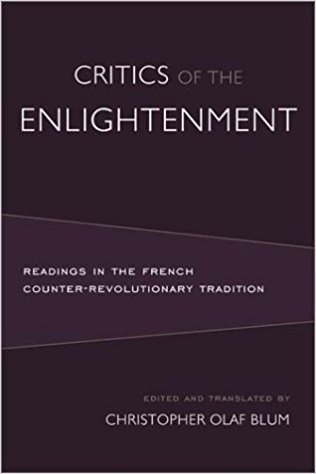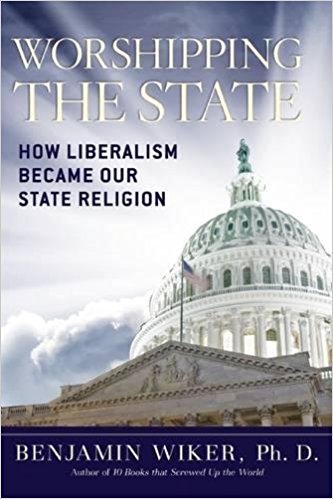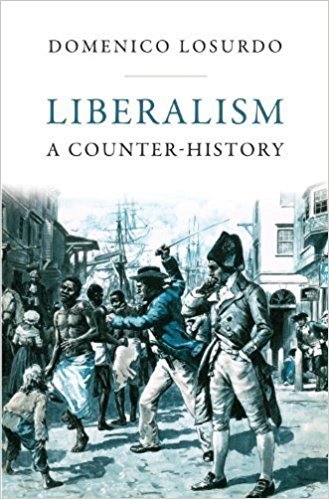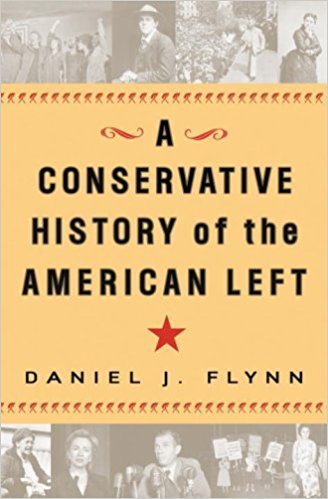Salaam
Some more books Id like to recommend.
Liberalism: A Counter-History
Blurb
In this definitive historical investigation, Italian author and philosopher Domenico Losurdo argues that from the outset liberalism, as a philosophical position and ideology, has been bound up with the most illiberal of policies: slavery, colonialism, genocide, racism and snobbery.
A review
Germinal
5.0 out of 5 stars
The murky side of liberalism exposed.
This book is a forensic excavation that aims, and succeeds, in challenging the dominant narrative of the history of liberalism. This dominant narrative, self-regarding, self-congratulatory, claiming for itself a constant, peaceful path of progress, is described by Losurdo as a 'hagiography'. It is one that Losurdo quite ruthlessly undermines.
Losurdo argues that from the outset liberalism, as a philosophical position and ideology, has been bound up with the most illiberal of policies: slavery, colonialism, genocide, racism, support for fascism and systems of ruthless and violent class domination both in the heartlands of the liberal world, Britain and the USA, and in the colonies.
Losurdo narrates an intellectual history running from the seventeenth through to the twentieth centuries. He examines the thought of preeminent liberal writers and politicians such as Locke, Burke, de Tocqueville, Constant, Bentham, Mill, Jefferson, Disraeli and Sieyes among many others, revealing the inner contradictions of an intellectual position that has exercised a formative influence on today's politics. The contradictions that Losurdo highlights are what he terms 'the exclusion clauses' that enable the liberal, in the classic age of liberalism, to deny to others, blacks, slaves, the colonised, Irish, peasants and working class, the liberties which the liberals claim for themselves and the specious reasonings employed to justify oppression in the name of liberty. In fact, Losurdo locates much of the progress made in liberal societies, the extension of liberty to those previously excluded from it, to the struggles of the oppressed themselves, what Losurdo calls 'struggles for recognition' and how these have challenged the exclusion clauses of liberalism and forced some liberals to amend their philosophy and practice. Uncomfortable reading for liberals.
Despite some quite complex lines of argumentation, the book is easy to read. It's divided into short thematic chunks to make it easily digestible and really was great to read. In fact, I was sorry that it finished and felt that the twentieth century and the present day of liberalism could have received greater attention.
The Myth of Liberalism
Blurb
Individual freedom looms large in political and ethical thought. Nevertheless, the theoretical foundations underlying modern liberalism continue to be contested by proponents and opponents alike. The Myth of Liberalism offers a unique contribution to this debate by following through on the often-underdeveloped suggestion that liberal principles are untenable because they are self-contradictory. By analyzing and ultimately refuting each of the proposed underpinnings of liberalism—liberty, equality, rights, privacy, autonomy, or dignity—Safranek concludes that contemporary liberalism is a myth: it is not a coherent political philosophy as much as a collection of causes masked by emotively potent political rhetoric.
Safranek marshals thorough evidence to make the case that each of the allegedly fundamental liberal principles amount to the right to do as one desires. As a result, liberalism’s proponents must offer some method or principle to mediate the inevitable conflict of desires. In fact, all liberal scholars invoke some form of John Stuart Mill’s harm principle to proscribe unacceptable desires. But this leads to self-contradiction: because all acknowledge that harm can be psychological as well as physical, anyone suffers harm when his act is legally prohibited, as this denies him the object of his desires (liberty) for the sake of another’s desires. Therefore any right advanced in the name of liberty contradicts that very principle.
While finding inherent flaws in liberal justifications for personal liberty, including rights to same-sex marriage, abortion, and assisted suicide, Safranek reveals the consequences of the contemporary liberaldisdain for morality as a basis for law and constitutional rights. To correct for these shortcomings of the modern liberal notions of freedom, which are grounded in the passions, The Myth of Liberalism proposes an alternative way of safeguarding the human desire for liberty: a cogent retrieval of a pre-modern intellectual tradition that esteems reason and virtue.
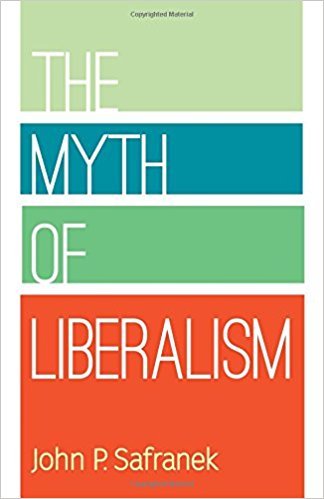
A Conservative history of the American left
Blurb
A conservative and author of Intellectual Morons takes a look at the origins and history of today's leftist and liberal ideas, from the nineteenth century to the present day, with profiles of colorful characters ranging from a free love, anti-marriage activist, to a famed abolitionist who advocated violence, to a woman who ran for president on a platform of "scientific religion.
A review
Peter Uys
Superbly written & researched history of ideas & individuals
Laird M. Wilcox
5.0 out of 5 stars
Well-written and authentic account of the dark side of the American Left from a conservative perspective.
Nearly all of the books on the American Left tend to favor it They are written by leftists for leftists and many are embarrassingly partisan and heavily biased. Acts of violence, though regrettable, are justified by the circumstances. Lies, deceit, fanaticism and psychopathy are ignored or explained away as unavoidable artifacts of necessary socialist causes and crusades. Books on the American Right, on the other hand, are uniformly critical, name-calling, sterotypical attempts to marginalize and stigmatize it. All right-wingers are Nazis, near-Nazis, crypto-Nazis or unaware that their values, opinions and beliefs are leading in that direction.
This book is an attempt to illustrate the shady and even dangerous side of the American Left. Deals with the dark side of the sometimes psychopathic far left that most books minimize or explain as regrettable exceptions to a rather nice bunch of people only wanting to do the right thing. Explains the role that the Communist Party had in promoting Soviet espionage in the 50's along with other examples of leftist worship of totalitarian dictatorships. It's well-written, insightful and a good balance to other fawning accounts written by fans and enthusiasts. It predates the racial fanaticism and identity politics of the early 21st Century but is very helpful in understand the historical basis it.

